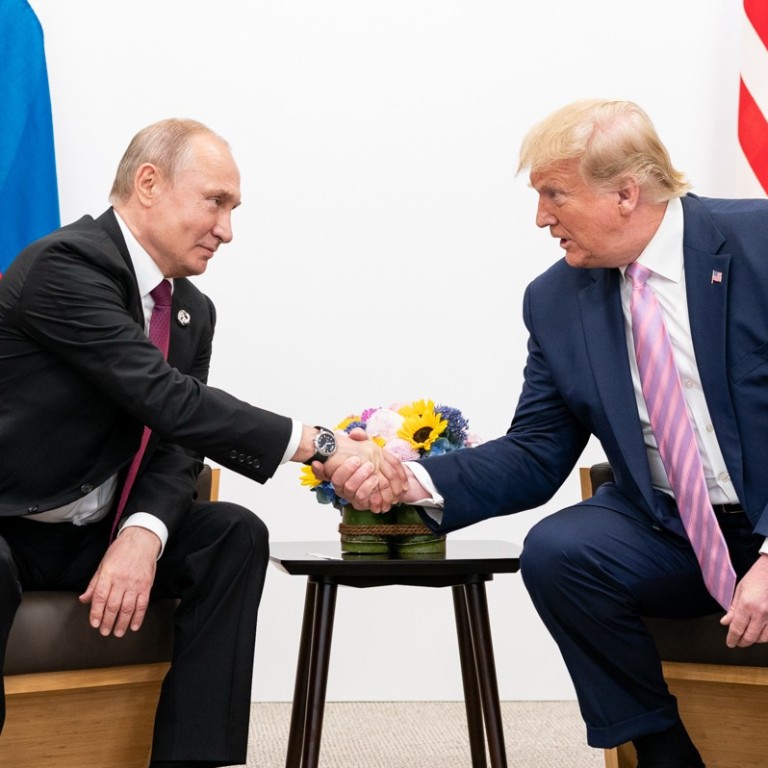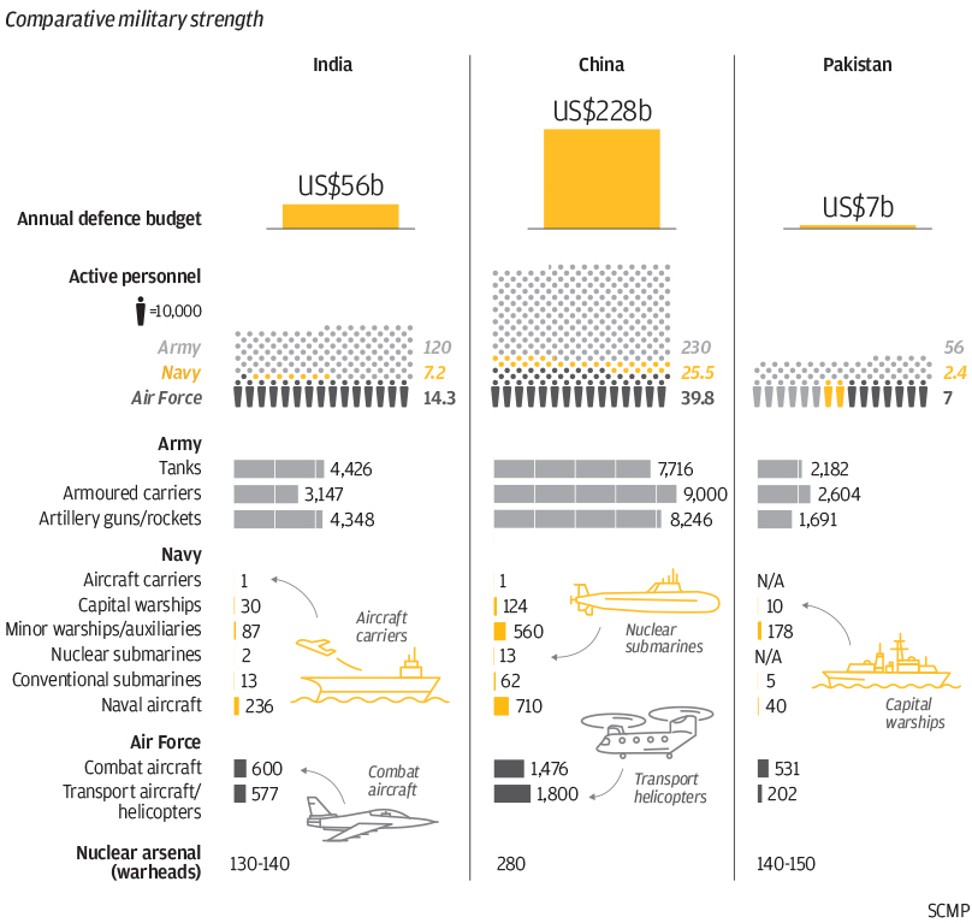
Why Donald Trump should extend nuclear arms treaty with Russia now and worry about China later
- With Trump reluctant to accept Russia’s extension offer as he focuses on including China in a new deal, the only nuclear arms control treaty left between the US and Russia is in danger of expiring, making the world a much more dangerous place
This time, it is different. The Trump administration is quietly letting the New Strategic Arms Reduction Treaty (Start) die. If it does, the US will have no one to blame but itself for making the world a more dangerous place.
Beyond an arms control treaty between the US and Russia, New Start is an agreement with global ramifications. The two countries possess enough nuclear weapons to destroy not just each other but all of humanity, should they start a war.
New Start is the main safeguard that prevents that scenario from playing out. Signed in 2010, the treaty limits Russia and the US to 1,550 deployed strategic nuclear warheads each. These limits are enforced through on-site inspections, data exchanges and stringent declaration requirements.
When either party deploys, decommissions or repositions its proverbial doomsday machines, the other party knows in advance.
This certainty creates stability. Nobody gets spooked, trigger happy or makes a catastrophic miscalculation about the other party’s intent. The odds of organised civilisation, as we know it, coming to an end are maintained at acceptable levels.
If New Start is allowed to expire on February 5, 2021, that all goes away. For the first time since 1972, there will be no constraints left on US or Russian strategic arsenals.
For years, Russia has been offering to extend New Start with no preconditions, but the US has so far refused to sign on. President Donald Trump has slammed the deal as one-sided, claiming that Russia “outsmarted” the US during negotiations and that the treaty allows Russia to continue producing nuclear warheads while the US cannot (it does not).
As the INF treaty dies, the global arms race comes to life
Although Trump has offered no concrete evidence to support his claims, this line of argument only paints half the picture. The other half focuses squarely on China.
On the surface, this argument makes sense. Russia is no longer the superpower it once was. China is on the rise and, by most metrics, is a far more potent adversary than Russia. Except for its nuclear arsenal.

Most experts assess that China has less than 300 nuclear weapons, about one-fifth of what the US and Russia can deploy under New Start. None of China’s nuclear weapons are deployed, as the delivery vehicles are stored separately from the warheads.
The sheer size of the US and Russian arsenals makes transparency a net positive. Both countries have a vested interest in knowing what the other is doing, to avoid sending the wrong signal and accidentally triggering a nuclear war. In China’s case, the opposite is true.
For China to seriously consider joining New Start, it would have to level the playing field with the US and Russia. Unless these countries are willing to surrender thousands of nuclear weapons (which is unlikely), that would entail China arming up, not down. That scenario benefits no one.
In his own words: “We discussed the possibility of a three-way deal instead of a two-way deal. And China – I’ve already spoken to them. They very much would like to be a part of that deal.”
Beijing never confirmed (or denied) the conversation. Given Trump’s strained relationship with the truth, it is unlikely that it ever happened.
The US needs to give up on the notion that it should contain China at every turn. The bottom line is that the world is a safer place with New Start than without it. Trump should accept Russia’s offer and extend the treaty immediately. It would require no more effort than the stroke of a pen.
Although the notion of restricting China’s nuclear arsenal might seem lucrative to the American president, it makes little sense. Trump is running the very real risk of losing a phenomenal deal in the pursuit of a pipe dream.
Will Saetren is a project lead at CRDF Global where he specialises in nuclear security

